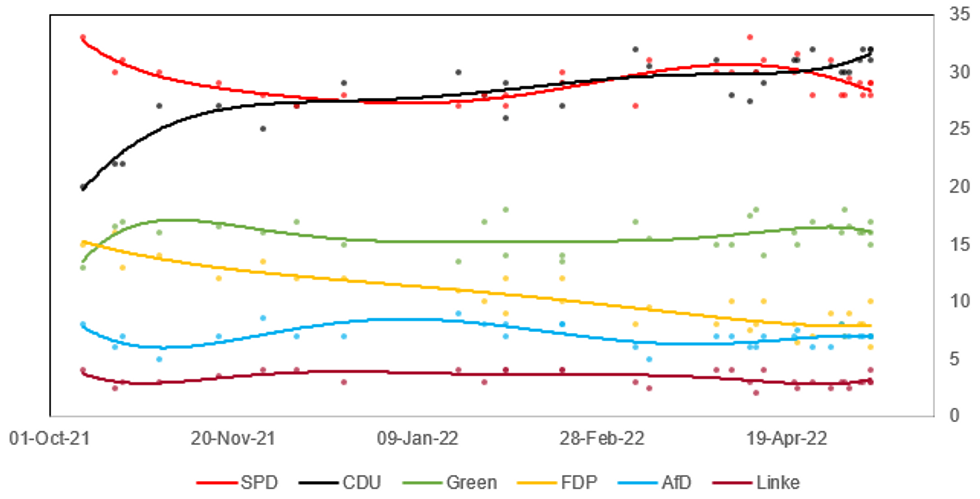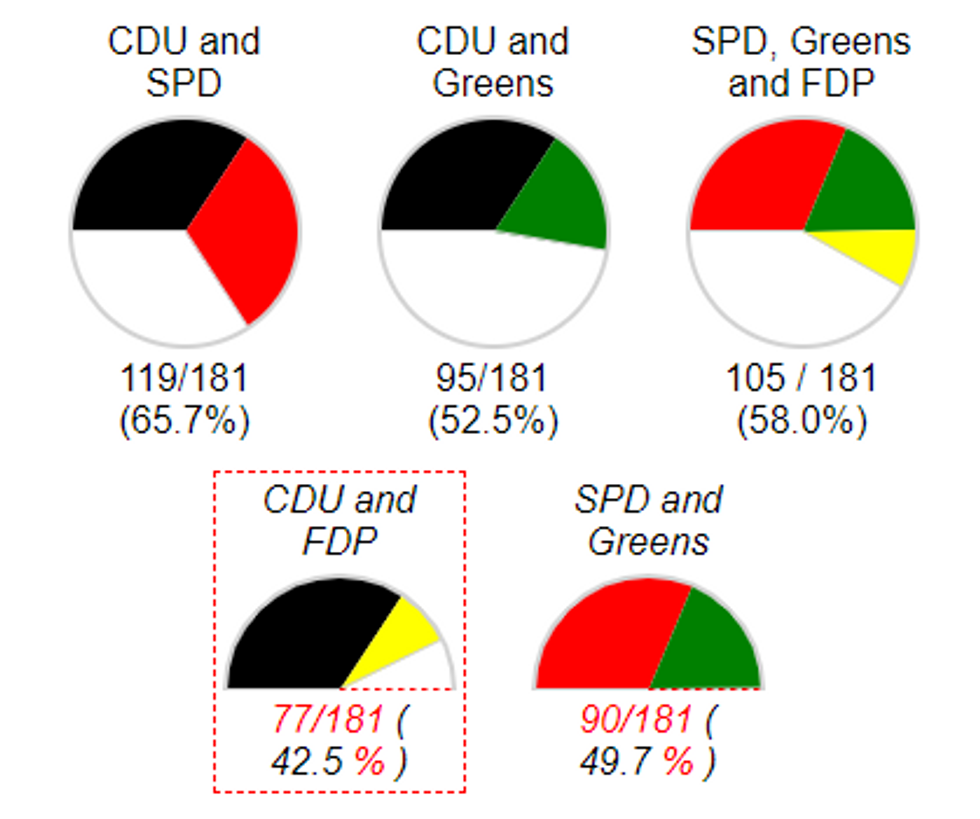-
Policy
Policy
Exclusive interviews with leading policymakers that convey the true policy message that impacts markets.
LATEST FROM POLICY: -
EM Policy
EM Policy
Exclusive interviews with leading policymakers that convey the true policy message that impacts markets.
LATEST FROM EM POLICY: -
G10 Markets
G10 Markets
Real-time insight on key fixed income and fx markets.
Launch MNI PodcastsFixed IncomeFI Markets AnalysisCentral Bank PreviewsFI PiFixed Income Technical AnalysisUS$ Credit Supply PipelineGilt Week AheadGlobal IssuanceEurozoneUKUSDeep DiveGlobal Issuance CalendarsEZ/UK Bond Auction CalendarEZ/UK T-bill Auction CalendarUS Treasury Auction CalendarPolitical RiskMNI Political Risk AnalysisMNI Political Risk - US Daily BriefMNI Political Risk - The week AheadElection Previews -
Emerging Markets
Emerging Markets
Real-time insight of emerging markets in CEMEA, Asia and LatAm region
-
Commodities
Commodities
Real-time insight of oil & gas markets
-
Credit
Credit
Real time insight of credit markets
-
Data
-
Global Macro
Global Macro
Actionable insight on monetary policy, balance sheet and inflation with focus on global issuance. Analysis on key political risk impacting the global markets.
Global MacroDM Central Bank PreviewsDM Central Bank ReviewsEM Central Bank PreviewsEM Central Bank ReviewsBalance Sheet AnalysisData AnalysisEurozone DataUK DataUS DataAPAC DataInflation InsightEmployment InsightGlobal IssuanceEurozoneUKUSDeep DiveGlobal Issuance Calendars EZ/UK Bond Auction Calendar EZ/UK T-bill Auction Calendar US Treasury Auction Calendar Chart Packs -
About Us
To read the full story
Sign up now for free trial access to this content.
Please enter your details below.
Why MNI
MNI is the leading provider
of intelligence and analysis on the Global Fixed Income, Foreign Exchange and Energy markets. We use an innovative combination of real-time analysis, deep fundamental research and journalism to provide unique and actionable insights for traders and investors. Our "All signal, no noise" approach drives an intelligence service that is succinct and timely, which is highly regarded by our time constrained client base.Our Head Office is in London with offices in Chicago, Washington and Beijing, as well as an on the ground presence in other major financial centres across the world.
Real-time Actionable Insight
Get the latest on Central Bank Policy and FX & FI Markets to help inform both your strategic and tactical decision-making.
Free AccessMajor Test For Scholz's SPD In May 15 NRW State Election
Germany's most populous state, North Rhine-Westphalia, goes to the polls to decide the make-up of its regional Landtag (Parliament) on Sunday 15 May in the largest test faced by Chancellor Olaf Scholz's centre-left Social Democrats (SPD) since the September 2021 federal election.
- The regional gov't is currently a two-party coalition formed by the centre-right Christian Democratic Union (CDU) and the pro-business liberal Free Democrats (FDP), led by Minister-President Hendrik Wust.
- Polling in the run-up to the election shows the CDU with a narrow lead over the SPD and looking on course to win a plurality. However, mirroring gains at the federal level, the environmentalist Greens look set to rise from a distant fifth place in 2017 to third place this time around.
 Source: Civey, Yougov, FGW, INSA, Infratest dimap, Forsa, Wahlkreiprognose, MNI.
Source: Civey, Yougov, FGW, INSA, Infratest dimap, Forsa, Wahlkreiprognose, MNI.
- There are a number of potential post-election coalition options based on potential results should the vote mirror current polling. The CDU and Greens could form a two-party coalition (already exists in Baden-Wurttemberg with the Greens as the senior partner), the CDU and SPD could form a 'grand coalition' (unlikely), or a 'traffic light' coalition of the SPD, Greens, and FDP could be formed, mirroring the federal coalition.
 Source: dawum.de. Possible coalitions on top row, coalitions short of majority at bottom.
Source: dawum.de. Possible coalitions on top row, coalitions short of majority at bottom.
- Scholz has become personally involved in the race, campaigning for the Social Democrats across the state. As such, the contest is being viewed as something of a referndum on his first six months in office rather than a purely state-level matter.
- If the SPD can pull off a shock win over the CDU it would bolster the chancellor's standing following a very poor performance for the SPD in last week's Schelswig-Holstein state election, when the party fell to third place behind the CDU and Greens.
To read the full story
Sign up now for free trial access to this content.
Please enter your details below.
Why MNI
MNI is the leading provider
of intelligence and analysis on the Global Fixed Income, Foreign Exchange and Energy markets. We use an innovative combination of real-time analysis, deep fundamental research and journalism to provide unique and actionable insights for traders and investors. Our "All signal, no noise" approach drives an intelligence service that is succinct and timely, which is highly regarded by our time constrained client base.Our Head Office is in London with offices in Chicago, Washington and Beijing, as well as an on the ground presence in other major financial centres across the world.
